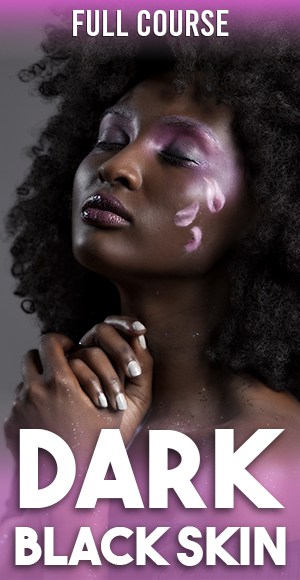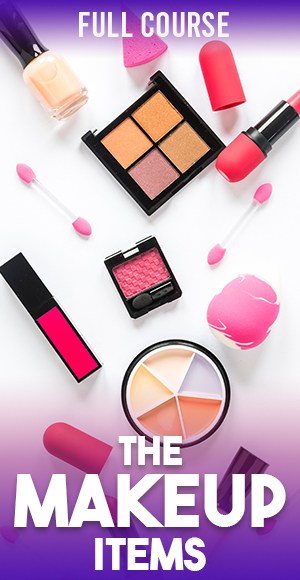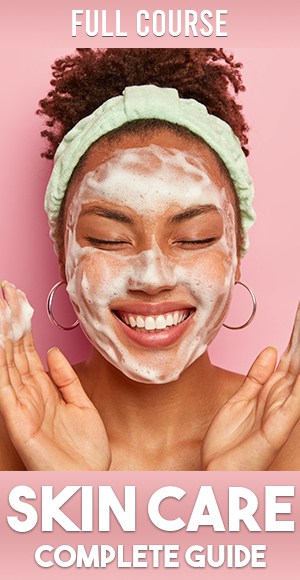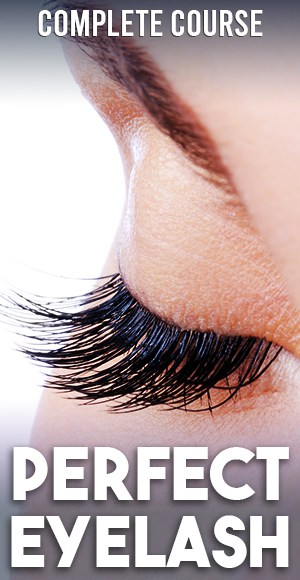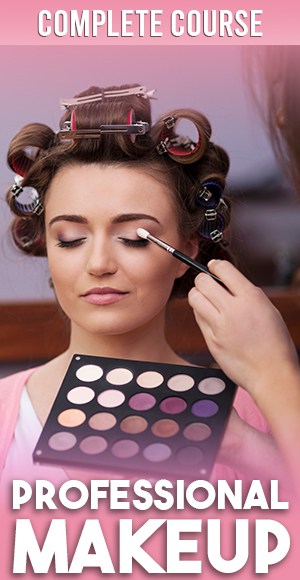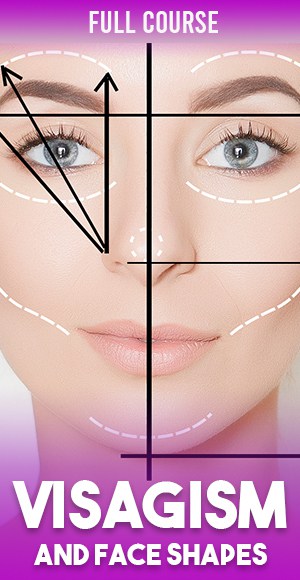Introduction to Acne: Causes and Effects on Skin

Acne, a common skin condition, affects millions globally, manifesting as pimples, blackheads, and cysts primarily on the face, back, and shoulders. The root causes of acne include hormonal changes, genetics, stress, and certain medications. These factors lead to excess oil production, clogged pores, and bacterial growth, resulting in skin inflammation and acne lesions. The psychological impact of acne, ranging from lowered self-esteem to social anxiety, underscores the importance of effective skincare routines and the right cosmetic choices, particularly in selecting an acne fighting foundation.
Role of Foundations in Acne Management
Foundations can play a pivotal role in both concealing acne and preventing further breakouts. However, not all foundations are created equal for acne-prone skin. Some makeup products can exacerbate acne by clogging pores or irritating the skin. It’s crucial to choose foundations that are non-comedogenic (won’t clog pores) and hypoallergenic to avoid aggravating acne. According to the American Academy of Dermatology, foundations with salicylic acid or benzoyl peroxide can actively combat acne while providing coverage. These ingredients help to reduce oiliness, unclog pores, and diminish the appearance of existing acne.
Selecting the Right Foundation: Key Features to Look for in Acne-Fighting Foundations

When hunting for the perfect acne fighting foundation, there are several key features to consider:
- Non-Comedogenic: Ensure the foundation is labeled as non-comedogenic. This means it’s formulated not to block pores, a crucial aspect for acne-prone skin.
- Active Acne-Fighting Ingredients: Look for ingredients like salicylic acid or benzoyl peroxide, known for their acne-treating properties.
- Skin Type Suitability: Match the foundation to your skin type – oily, dry, combination, or sensitive. For instance, oil-free formulas are ideal for oily skin.
- Coverage Level: Decide on the coverage you need – from light to full – depending on your acne severity and personal preference.
- Shade Range: A broad shade range ensures a more natural match, which is essential for a seamless look.
In addition to these features, consulting a dermatologist or visiting a skincare professional can provide personalized advice tailored to your skin’s needs. Resources like the National Institute of Arthritis and Musculoskeletal and Skin Diseases offer valuable information on managing skin conditions effectively. Remember, the right foundation can not only boost your confidence but also aid in your journey to clearer skin.
Top Ingredients in Acne-Fighting Foundations
Salicylic Acid: Benefits for Acne-Prone Skin
One of the most effective ingredients in an acne fighting foundation is salicylic acid. This beta-hydroxy acid is renowned for its ability to penetrate deep into the pores and exfoliate the skin, helping to clear out dead skin cells and excess oil that can lead to acne. Salicylic acid also has anti-inflammatory properties, reducing redness and swelling associated with acne. Foundations infused with salicylic acid not only conceal imperfections but also actively treat and prevent breakouts, making them a dual-purpose solution for those struggling with acne. For more information on the benefits of salicylic acid, visit Mayo Clinic on Acne.
Non-Comedogenic Ingredients: Importance in Preventing Pore Clogging
When selecting an acne fighting foundation, it’s crucial to look for products labeled as non-comedogenic. This term indicates that the foundation is specifically formulated to not block pores, a key factor in preventing new acne from forming. Non-comedogenic foundations allow the skin to breathe, reducing the likelihood of sebum buildup, bacterial growth, and inflammation. They are particularly beneficial for those with oily or acne-prone skin, as they help maintain a clear complexion without contributing to further skin issues. For detailed insights on non-comedogenic products, refer to the American Academy of Dermatology.
Natural and Soothing Components: Role of Aloe, Tea Tree Oil, etc.
In addition to salicylic acid and non-comedogenic ingredients, many acne fighting foundations incorporate natural and soothing components like aloe vera and tea tree oil. These ingredients are known for their skin-calming and antibacterial properties:
- Aloe Vera: Offers anti-inflammatory and hydrating benefits, soothing irritated skin and promoting healing.
- Tea Tree Oil: Known for its antimicrobial properties, it helps in reducing acne-causing bacteria and inflammation.
These natural ingredients can be particularly beneficial for those with sensitive skin, providing gentle yet effective acne treatment and skin nourishment. They contribute to a healthier skin barrier, reducing the likelihood of irritation and breakouts.
Acne Fighting Foundation: Application Tips
Preparation of Skin: Cleansing and Moisturizing Before Application
Before applying an acne fighting foundation, it’s essential to prepare the skin properly. This preparation involves a two-step process: cleansing and moisturizing.
- Cleansing: Use a gentle, non-irritating cleanser to remove dirt, oil, and impurities from the skin. This step ensures that the foundation applies smoothly and evenly.
- Moisturizing: After cleansing, apply a lightweight, non-comedogenic moisturizer. Moisturizing helps to hydrate the skin and create a protective barrier, which can prevent the foundation from clogging pores.
These steps are crucial for maintaining the health of acne-prone skin and enhancing the effectiveness of your foundation. For more detailed skincare advice, check out Healthline’s Diet and Acne guide.
Application Techniques: Best Practices for Applying Foundation on Acne-Prone Skin

Applying foundation on acne-prone skin requires careful techniques to avoid aggravating existing blemishes while achieving a flawless finish:
- Use a Clean Sponge or Brush: This ensures even and hygienic application. Avoid using fingers as they can transfer oils and bacteria to the face.
- Light Layers: Start with a thin layer of foundation and build up coverage as needed. This prevents a cakey appearance and keeps the skin looking natural.
- Gentle Blending: Blend the foundation gently using dabbing motions rather than rubbing, to avoid irritating the skin.
Remember, the goal is to enhance your skin without causing additional breakouts. For application tips, visit Cleveland Clinic on Stress and Skin.
Hygiene and Maintenance: Keeping Brushes Clean and Avoiding Contamination
Maintaining hygiene is paramount when dealing with acne-prone skin. This includes regular cleaning of makeup tools and proper storage:
- Regular Cleaning: Wash makeup brushes and sponges weekly with a gentle cleanser to remove makeup residue, oil, and bacteria.
- Proper Storage: Keep your tools in a clean, dry place to prevent bacterial growth.
- Avoid Sharing Makeup Tools: Sharing can transfer bacteria and oils, which may lead to breakouts.
By following these hygiene practices, you can significantly reduce the risk of acne flare-ups and keep your skin healthy and clear. For additional tips on effortless beauty routines that complement your skincare, explore Effortless Beauty Tips for Every Occasion on Makeupflix. This resource offers valuable insights into simple yet effective makeup applications that work hand in hand with your skincare regimen.
Product Reviews and Recommendations
High-End Foundations: Pros and Cons of Top Brands
When it comes to high-end acne fighting foundations, brands like Clinique and Estée Lauder stand out. These foundations often offer a wider range of shades and superior formulations that provide long-lasting coverage without irritating the skin.
- Pros:
- Enhanced with skin-benefiting ingredients.
- Longer wear time and better coverage.
- Often come with additional skincare benefits like SPF.
- Cons:
- Higher price point.
- Can be heavier, requiring careful application.
These brands are ideal for those who are looking for a luxurious feel and are willing to invest in their skincare and makeup routine.
Drugstore Finds: Affordable Options That Work
For those on a budget, drugstore brands like Neutrogena and Maybelline offer great acne fighting foundation options. These products are accessible and provide good coverage for acne-prone skin.
- Pros:
- More affordable and easily accessible.
- Many options are specifically designed for acne-prone skin.
- Cons:
- Limited shade ranges in some brands.
- May not offer the same long-wear or comprehensive skincare benefits as high-end brands.
These foundations are perfect for daily wear and for those who prefer a more natural, lightweight coverage.
Sensitive Skin Options: Foundations Suitable for Sensitive, Acne-Prone Skin
For those with sensitive and acne-prone skin, brands like Bare Minerals and Almay are excellent choices. These foundations are formulated to be gentle on the skin while providing effective coverage.
- Pros:
- Formulated without harsh chemicals and irritants.
- Light and breathable on the skin.
- Cons:
- May offer less coverage than other foundations.
- Limited options for severe acne coverage.
These foundations are ideal for those who need a gentle formula that won’t aggravate sensitive skin while still offering the benefits of an acne fighting foundation.
Lifestyle and Dietary Considerations
Diet and Acne: Foods to Embrace or Avoid for Better Skin
The connection between diet and skin health, particularly in relation to acne, is significant. Incorporating certain foods into your diet can help in managing acne, while others might exacerbate it.
- Foods to Embrace:
- High in Omega-3 Fatty Acids: Such as salmon and flaxseeds, to reduce inflammation.
- Rich in Antioxidants: Like berries and leafy greens, to combat skin damage.
- Low Glycemic Index Foods: Whole grains and legumes, to regulate blood sugar levels.
- Foods to Avoid:
- High Sugar and Dairy Products: These can trigger hormonal fluctuations and inflammation.
- Greasy, Processed Foods: Often exacerbate oil production and acne.
For more detailed dietary advice for acne-prone skin, visit WebMD on Makeup for Acne.
Stress and Skin Health: Impact of Stress on Acne and Skin Appearance
Stress plays a significant role in skin health, particularly in exacerbating acne. When stressed, the body produces more cortisol, a hormone that can increase oil production in your skin glands, leading to more acne. Managing stress is thus a crucial part of any skincare routine, especially for those using an acne fighting foundation.
- Stress Management Techniques:
- Regular Exercise: Helps in reducing stress levels and improving overall skin health.
- Mindfulness and Meditation: Effective in lowering cortisol levels.
- Adequate Sleep: Essential for skin repair and health.
Understanding and managing stress can significantly improve the effectiveness of your skincare and makeup routine. For insights on the impact of stress on skin, check out Healthline’s Diet and Acne guide.
Professional Advice and When to See a Dermatologist
When to Consult a Dermatologist: Recognizing Signs That Require Professional Help
While an acne fighting foundation can be effective for managing mild to moderate acne, there are instances when professional help is necessary. Recognizing these signs is crucial for the health of your skin:
- Persistent Severe Acne: If acne doesn’t improve with over-the-counter treatments.
- Painful, Deep Cystic Acne: Which can lead to scarring if not treated properly.
- Significant Emotional Distress: Acne that severely affects your self-esteem and daily life.
In these cases, consulting a dermatologist is essential. They can provide tailored advice and treatments suited to your specific skin needs. For more information on when to see a dermatologist, visit the American Academy of Dermatology.
Professional Treatments and Regimens: Overview of Dermatologist-Recommended Treatments and Routines
Dermatologists may recommend a variety of treatments and regimens for acne-prone skin, which can complement your use of an acne fighting foundation:
- Topical Treatments: Such as retinoids and prescription-strength benzoyl peroxide.
- Oral Medications: Including antibiotics or isotretinoin for more severe cases.
- Therapeutic Procedures: Like chemical peels, laser therapy, or photodynamic therapy.
These treatments are often part of a comprehensive skincare routine that includes gentle cleansing, moisturizing, and the use of non-comedogenic makeup. For those looking to enhance their skincare and makeup application skills, Makeupflix, a streaming course makeup platform, offers a wealth of resources. For an in-depth look at professional acne treatments, check out Mayo Clinic on Acne. Remember, a dermatologist can provide the most effective treatment plan tailored to your skin’s unique needs.















